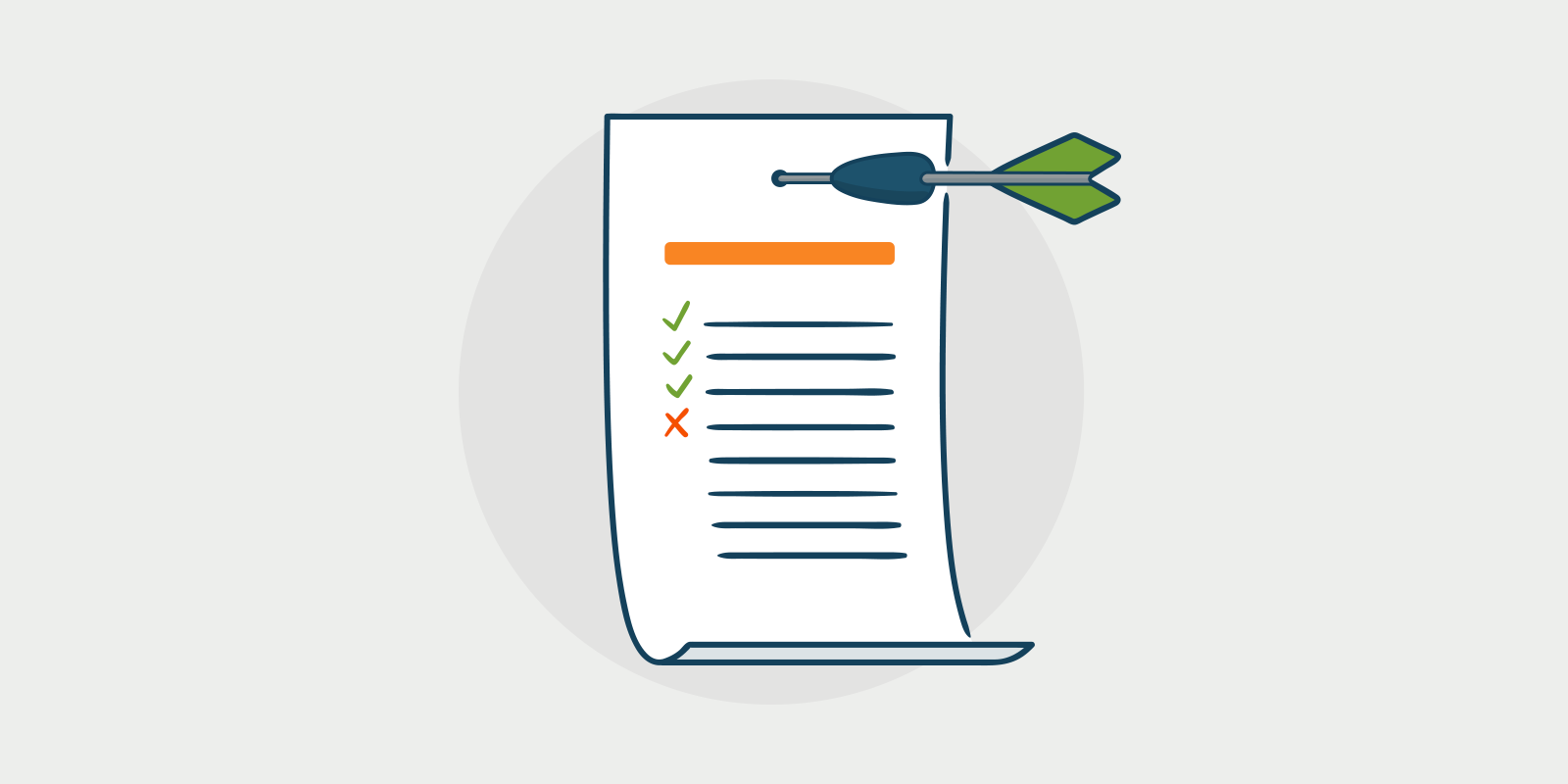
The idea of being a landlord is very appealing. It conjures up notions of being able to sit back on rental income and never have to work again. But that’s not true – and if that’s what you thought being a landlord is all about – then it’s probably best you reconsider. For sure, letting property can be a very lucrative business, but it’s also risky, and plenty of landlords have found themselves in dire straits financially and legally when they haven’t done things right. That being said, it’s possible to become very wealthy with a buy-to-let portfolio.
We’ve prepared a checklist for all new landlords before renting a property. It won’t absolve you of all problems down the line. But if you follow these steps, you’ll hopefully save yourself a lot of possible future issues.
Letting agents
Letting agents use office space and pay reasonable wages to estate agents and other staff. They pass these costs onto landlords. You need to decide if you want to use these services. There is little these services do that you can’t do for yourself. Now that we live in an online world, you can be an estate agent, photographer, advertiser, credit checker, and collect your rent. It’s well worth considering to increase your monthly profit margins.
Experian, E-renter.com, and Mr.Landlord.com can provide credit referencing for would-be tenants. You can also advertise your property sometimes for free on platforms such as Rightmove, Gumtree, Zoopla, and Primelocation. Assuming you have better things to do than knock on your tenant’s door every month to collect rent, then you can arrange for standing order or direct debit to pay your rent.
Advertising
Don’t make your spacious rental property look like a dingy little dwelling by providing small blurry photos that still have paintbrushes and other debris hanging around. You can make use of one or two tasteful ornaments in the pictures, but what most tenants are looking for is a clean, minimalistic space with fresh (or new) carpets and curtains. You need not provide bedding, but for the sake of the photos, make an effort here.
Good to know
Most mobile phones these days will be up to the job of taking photos. Take photos in a good light without glare.
Furnishing the property
So you’ve picked up a property you got a great price for. But you need to think carefully about how you furnish the home. Getting a more basic bathroom and kitchen is often the way to go for smaller, cheaper rental properties. But know that if you buy cheap fixtures and fittings, they won’t last long before they fall apart. Spending just a little more can increase the rental value significantly. It’s your choice. Basic white goods are often the way to go, but when a cheap washing machine goes wrong, you’ll have to deal with the inconvenience of tenants calling you. And the cost of repairs will eat into your profits.
While it may be tempting to add decorative vases and ornaments, you’ll be wasting your money. Also, sad as it may be about Grandma passing, no one including a young couple as tenants want her nik-naks. While it’s not going to a deal-breaker religious paintings and crucifixes could also be off-putting to many, so it’s best to avoid.
Availability
If you want to avoid the high fees charged by letting agents that will dent your profits significantly, then it’s only fair that you make yourself available to your tenants. That means providing them with your contact telephone number. You ought to be available to your tenants by text message. While no one is expecting you to run a 24-hour reception like a hotelier, you still need to be in contact within the next working day. If you are arranging a holiday, in particular, a skiing holiday through the winter, you need to have someone available should your tenants need to contact you about any damage to the property.
Many landlords are a dab hand at DIY, which is what draws them to renovating rundown properties and renting them out. However, your tenants are unlikely to call you out to do some painting and re-plastering. You need to know a good plumber and electrician at the very least, that you can rely on to come out to your rental property in good time, preferably the next day. If not, you’ll be subject to ringing around and potentially steep costs, which will eat into your profits.
Make sure the property’s safe
Landlord’s need to comply with various regulations to keep tenants safe. If you fall foul of these regulations and an incident was to occur, you could not just be heavily fined, you could even go to prison. You need an annual Gas Safety Certificate. You also need to have smoke detectors and a carbon monoxide detector to alert your tenants of danger.
It’s also required you arrange an Energy Performance Certificate that gives your tenants information about how efficient the heating is in the home.
Insurance
Unless you own the property outright, your mortgage lender will insist you have landlord’s insurance in place. It’s up to you what level of cover you decide on. You only need to have cover for buildings, contents, and public liability. Or you can opt for additional coverage to pay for eviction, loss of rent, or to help with tenants re-homing if your home was damaged.
Be aware, that as a private landlord you are under no obligation to re-home your tenants, should you home be damaged by a fire, flood, or snowfall THAT IS NOT YOUR FAULT. Advise your tenants the level of cover you have and are providing at the time they view your property. They can then pick up any additional cover you don’t have under their own renter’s insurance.
Contract
Once you’ve done everything you need to, you’ll need a tenancy agreement in place for your tenants. Make sure that everything is abundantly clear. If you don’t want pets in your home because you have bought a leather sofa (never a good idea in a rental property), then that needs to be stipulated.
If the house has a garden, then you need to clarify that it’s the tenant’s responsibility to keep it maintained. But if that’s the case, it’s only reasonable that you leave a lawnmower and some essential gardening tools.
Conduct an inventory after you have basically furnished so you know what you can charge for after a tenant asks for their deposit back, That also includes taking clear good quality photographs of the property and contents. Remember, you may not deduct for reasonable wear and tear.
Good to know
Find out more about how to get the right contract in our 5-minute guide.
Deposit schemes
Asking for a deposit for the property is standard practice. It’s a way of setting money aside should your property, or its contents become damaged – accidentally or otherwise by your tenants. You should provide your tenants with the details of where this money is being held for their information within 30 days. This doesn’t mean you have to hand the money over, but you need to make sure it’s available for when your tenants move out.
Good to know
Find out more about deposit schemes in our 5-minute guide.
Landlord’s checklist: Important things to remember
- You need to provide your tenant with a tenancy agreement
- You must install smoke and carbon monoxide detectors
- You need a Gas Safety certificate
- You must provide an Energy Performance Certificate
- You will need landlords insurance if your property is mortgaged
- You must place your tenant’s deposit in a Government Deposit Scheme
- You can save on expensive letting agents costs by using companies such as E-renter, Mr.Landlord.com, Zoopla, and Rightmove.
Download free tenancy agreements
When you sign up with Rentila, we provide tenancy agreements as part of the deal. To join the Rentila community and grab a tenancy agreement, head to our sign-up page.



 Protect the environment. Reduce paper consumption and help save the trees as well as save money at the same time.
Protect the environment. Reduce paper consumption and help save the trees as well as save money at the same time. 
